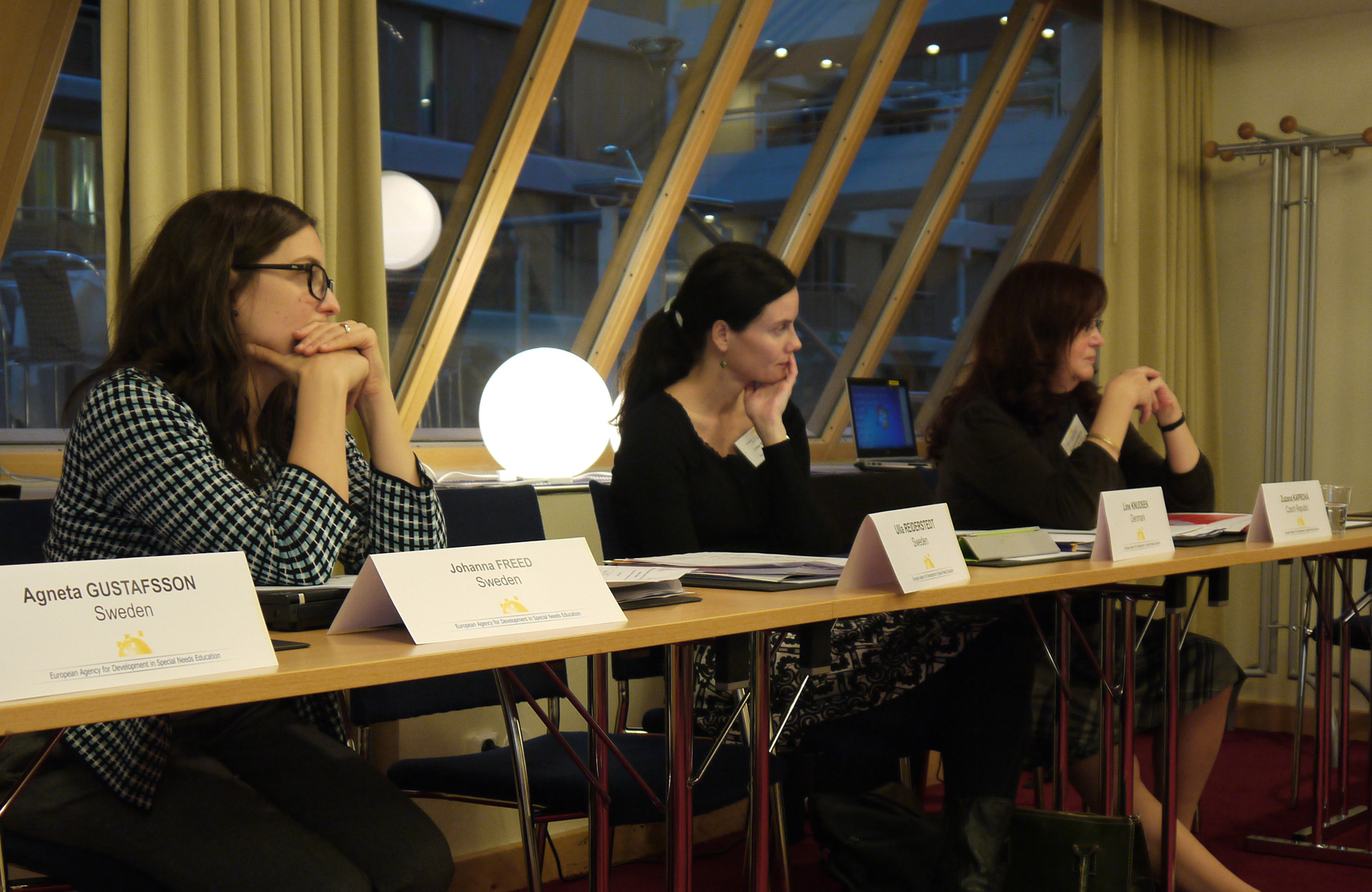The Organisation of Provision to Support Inclusive Education project (2011–2014) set out to address the question: How are systems of provision organised to meet the needs of learners (identified as having disabilities under the UN Convention on the Rights of Persons with Disabilities) in inclusive settings within the compulsory school sector?
A unique resource for developing collaborative policy and practice has been developed and is now available on the Agency website. This final output of the project has been designed to provide materials to help countries move towards a rights-based approach to education.
The project recommendations stressed the importance of collaboration in bringing about change. This resource aims to support shared reflection and discussion to help achieve greater clarity about inclusive education. The main audience is decision makers at both national and local level.
The resource is structured around 5 key questions:
- How can the principles of the United Nations Convention on the Rights of the Child (UNCRC) and United Nations Convention on the Rights of Persons with Disabilities (UNCRPD) be embedded in national/local policy to ensure that all learners receive a quality education?
- What does inclusive education mean to stakeholders in our national/local context?
- How can provision be organised to meet the needs of all the school community?
- What restricts the participation and learning of all children and young people and what action can be taken?
- How can collaboration between key stakeholders support change and improvement?
Visit the project web area to find the resource, which uses materials, such as extracts from the project literature review, reports and practical examples to support discussion of these questions. The resource is designed to be used by stakeholders in order to help bridge the gap between theory and practice.

